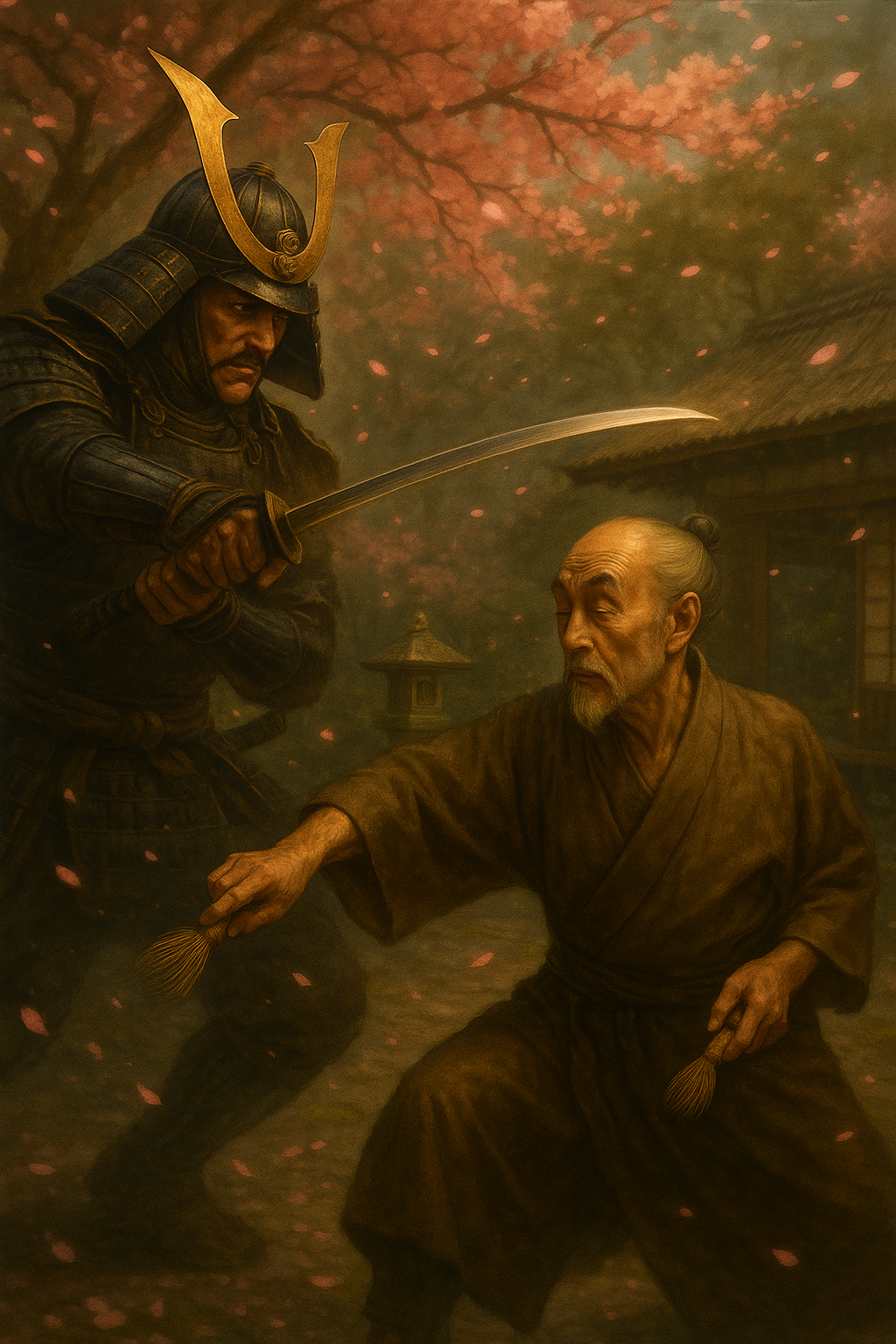This ancient Japanese folktale offers powerful insights that are as relevant today as they were centuries ago:
Mastery is About Depth, Not Field
Whether you practice martial arts, business leadership, programming, or art, the key to mastery is deep focus and commitment. Like the tea master, you can achieve excellence in your craft and gain respect—even if your skill is outside traditional ideas of strength or even if you are devoted to the simplest of tasks.
Calmness Conquers Fear
Mindfulness allows you to face challenges without panic. In critical moments—like public speaking, negotiations, or personal crises—staying calm can shift outcomes in your favor.
Honor Comes from Dedication
Your commitment to your craft defines your honor more than your title. The tea master wasn’t a fighter, but his dedication made him worthy of the samurai’s respect.
Mindset is Greater Than Skill
Skills are important, but mindset determines whether you crumble or rise in moments of challenge. Master your mind, and you can face anything.
Respect Different Forms of Mastery
Great leaders recognize that strength comes in many forms. Like Yamanouchi, value those who quietly excel in fields different from your own.

